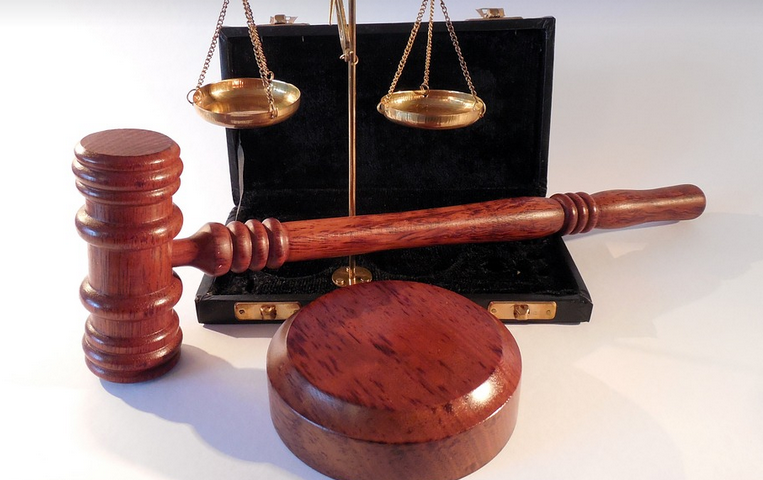Understanding Your Rights & Options
In the United States, especially California where you live, owning a weapon can feel like navigating a complex and often confusing maze of regulations. But with the right information, you can empower yourself to understand your rights and options for self-defense.
The legal landscape surrounding weapons varies significantly from state to state. California’s laws are particularly stringent, but understanding them is crucial if you want to have a firearm at home for self-protection. The 2nd Amendment right to bear arms doesn’t automatically grant you the freedom to carry any weapon you desire. It also comes with legal responsibilities and limitations.
California’s Legal Self-Defense Options
California law recognizes your right to defend yourself in dangerous situations, but it does so within a framework of clear restrictions. There are several legal options for self-defense weapons in California, each with its own rules and considerations.
Firearms: The Most Common Option
A firearm is arguably the most potent weapon when it comes to self-defense. This powerful tool can deter attackers and potentially stop aggression before it escalates. However, firearms come with significant responsibility as well.
California’s “stand your ground” law allows you to use force if you feel threatened or in imminent danger of harm, even if you didn’t reasonably think a crime was being committed. However, this legal defense often has complications and can lead to legal issues, especially when it comes to the use of deadly force.
Concealed Carry Permits
California does allow for concealed carry permits with certain limitations. The process is rigorous and comprehensive, requiring thorough background checks, training, and psychological evaluations. These permits are strictly controlled and require applicants to meet specific criteria regarding their mental health and criminal history.
Pepper Spray and Tasers
While more limited than firearms, pepper spray and tasers can be valuable tools for self-defense in certain scenarios. These nonlethal options offer a balance between power and control, but they are not as effective as firearms, especially when it comes to stopping dangerous attacks.
Pepper spray utilizes chemicals designed to temporarily disable an attacker, while tasers deliver an electrical shock that disrupts their physical ability to move or fight. These tools require a proper understanding of safe usage and proper storage requirements.
Legal Considerations: The Importance of Knowledge
It’s crucial for anyone considering any self-defense weapon to have a clear understanding of California law. Here’s why:
- California has strict laws regarding the ownership, possession, and use of firearms.
- You must complete specific training courses and background checks before obtaining a firearm permit in California.
- There are also specific requirements to ensure safe storage and transportation
Navigating the Legal Landscape
California’s legal framework surrounding self-defense weapons is complex, with numerous regulations impacting your rights and options. Here’s a quick overview of key factors:
1. **Training:** It’s highly recommended to take gun safety courses and learn about firearm usage, proper storage techniques, and legal responsibilities before acquiring any weapon.
2. **Legal Counsel:** If you have questions or concerns, consulting with a lawyer specializing in California self-defense law is crucial for navigating the complexities of existing laws.
Finding the Right Weapon
Selecting the right self-defense weapon depends on your individual circumstances and specific needs. Here’s a guide to help you make an informed decision:
- **Assess Your Needs:** Determine if a firearm or nonlethal option is more suitable for your personal safety needs.
- **Practice Safety:** Before owning any weapon, practice safe handling techniques and get familiar with proper storage procedures
Final Thoughts: Responsibility and Awareness
Owning a self-defense weapon in California is a significant responsibility. It comes with legal obligations and demands a comprehensive understanding of the applicable laws. Take the time to learn about firearm safety, responsible ownership practices, and your rights and responsibilities as an armed citizen.
Remember: Owning a weapon is not a guarantee of protection. Self-defense relies on responsible action, awareness, and making informed decisions in stressful situations. Always prioritize de-escalation and personal safety.



